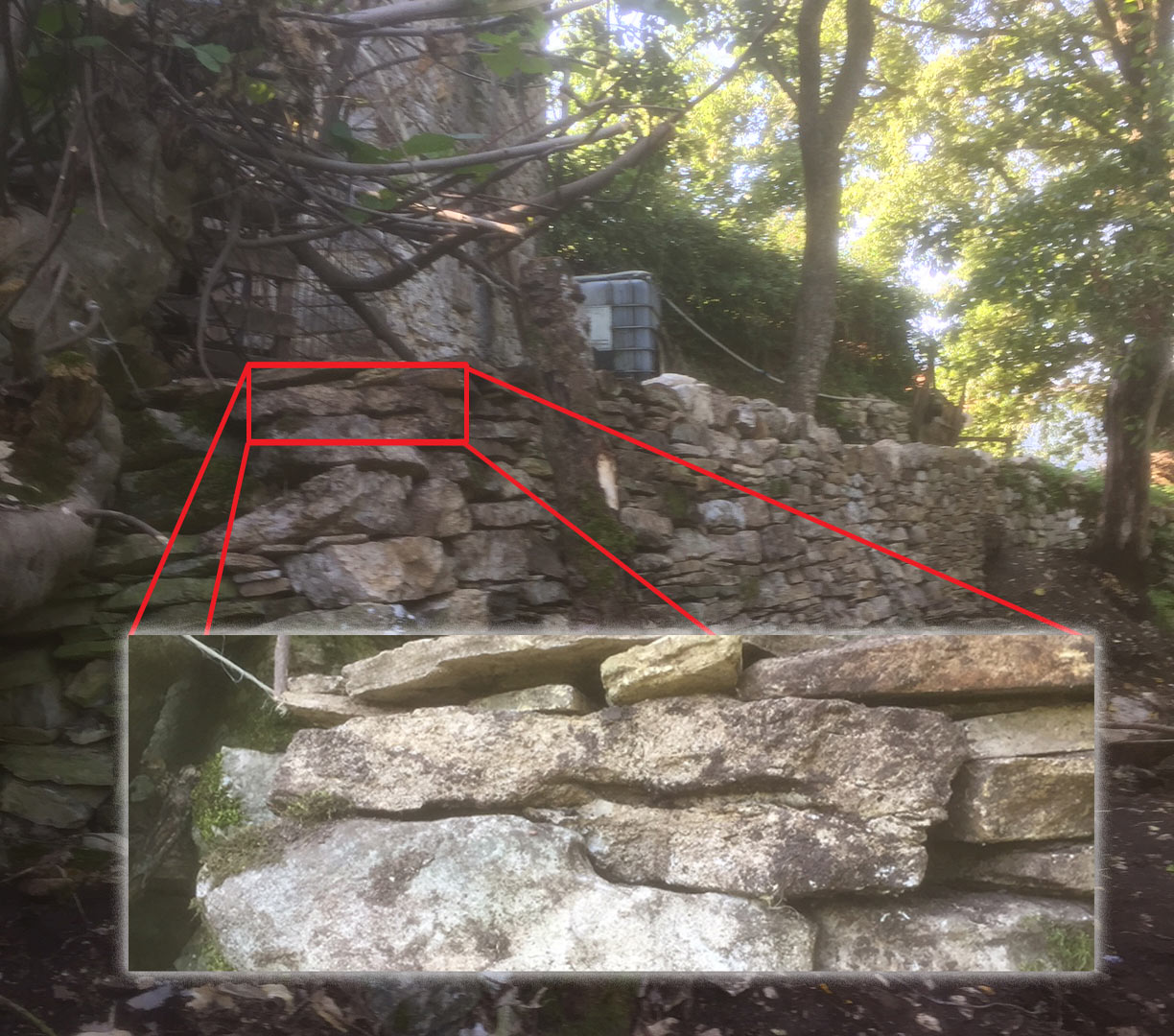
Dr Ian Rushton
HudCRES
This post anecdotally turns a spotlight on the potential of discarded data.
Just bear with me. Jesus was speaking of himself (Matt. 21: 42) when he quoted from Psalm 118: 22-23
The stone that the builders rejected as worthless turned out to be the most important of all
Two thousand years later, I had the privilege of rebuilding a dry stone wall, 10 metres long and 2 metres high, in the mountains of Italy on my summer holiday – a great place to think. Starting with the largest stones for the base, I immediately discarded one in particular since it was convex on one side, stepped and jagged on the opposite side and tapered in two directions. A mongrel of a stone. Given that it must have weighed around 30 kgs, I spent three weeks stepping over and around it and it went from useless to nuisance.
My final act before heading for the airport was to somehow key the top of the new wall to an existing wall which it met at right angles.
The trouble was that I had used all the large stones in the base and did not have a “good” stone of sufficient weight and shape to make the joint and protect the corner from whatever the next 12 months’ weather, tree roots and sheep would throw at it. The photo shows the mongrel stone doing this perfectly – the worthless, discarded and rejected stone doing what no other stone could do.

What does this have to do with research?
Dr. Lisa Russell’s recent blog post on ethnographic writing reiterated the need for researchers to continually reflect on field notes. Here, we are deeply immersed in our data – pouring over transcripts and data fragments until they are exhausted, salvaging the salient fragments, discarding those “mongrel” fragments that appear to offer nothing in answering our research questions before dashing off to collect more data.
Yet, research is usually a lengthy process (even several decades as Professor Robert MacDonald reminded us) and our thinking, reflexivity and stance, as I have argued elsewhere are in a constant state of flux which shifts our perceptions as we become more discerning. Hence, I suggest, things often get left behind.
This post is simply a suggestion that there is (potentially) value in the data that was picked over and discarded earlier as worthless - go back to the earliest data and look at it again.

